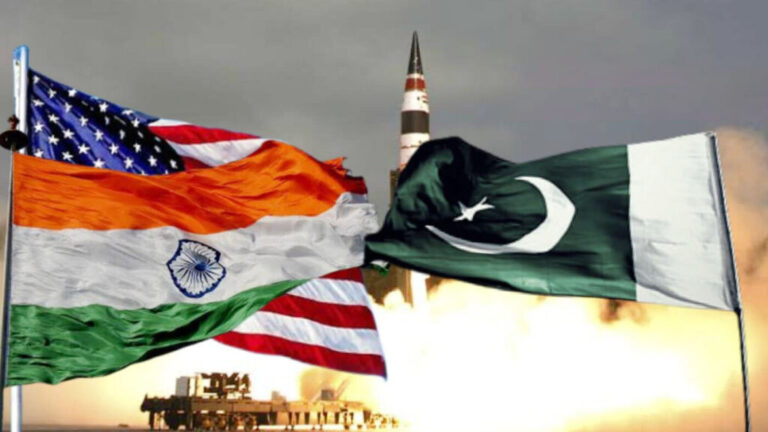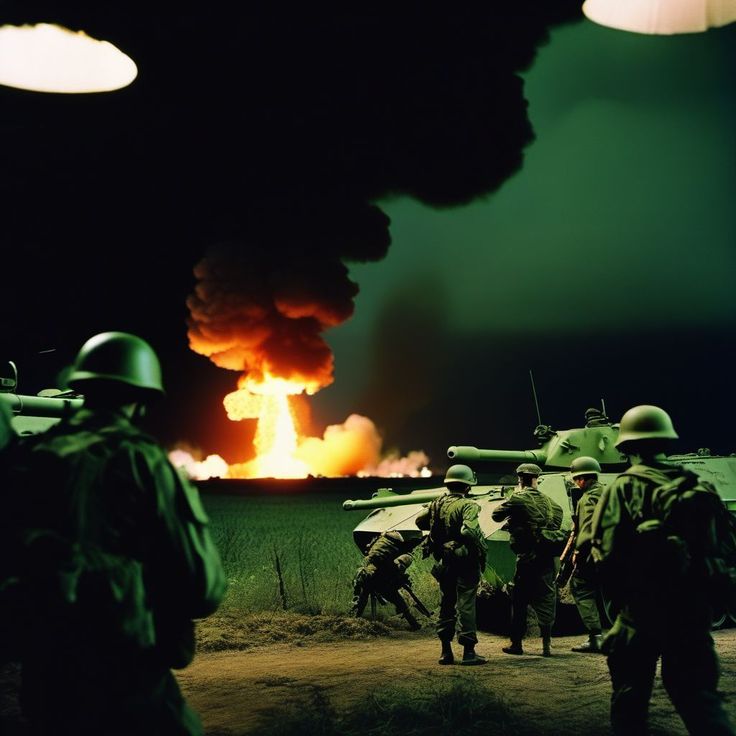In terms of natural resources and enormous geostrategic potential, Pakistan is unquestionably one of the richest nations. But regrettably, it is also one of the least developed nations in terms of management. It is unnecessary to explain the country’s vast abundance of resources, including those related to energy, agriculture, minerals, people, and geography, but unlike in industrialised nations, these have not been fully employed because of poor management. With the exception of a few brief moments of economic growth, the country has had bad governance since its creation, which is the root reason of this dismal condition. Resource development is at a standstill as a result of pervasive political rivalry and instability, deteriorating law and order conditions, and widespread corruption.
It is accurate to say that existence without the preservation of natural resources would be comparable to a blind person seeing a dance performance or a deaf person listening to music. Despite its natural resources, Pakistan continues to be a troubled, poor, underdeveloped, and third-world country. Pakistan’s economy is in ruins. All of our significant industries that once contributed significantly to the national GDP have been shut down. While the textile sector is on the verge of collapse, the sugar, cement, and shoe industries are all on their way out. Foreign business owners are not yet prepared to establish operations in Pakistan. They face a unique combination of issues, such as the difficult and drawn-out process of obtaining licences and work permits in Pakistan, power outages, and terrorism that exacerbates the situation Multinational Companies are hesitant to open their offices and franchises in Pakistan.
Pakistan is situated in South Asia and has 650 miles of coastline on the Arabian Sea and Gulf of Oman, according to a more comprehensive map of its location. Iran and Afghanistan form the western border. China lies in the extreme northeast, and India is to the east. Strategically situated between South Asia, Central Asia, and the Middle East lies the nation. Our nation is blessed with some of the best soil resources, including salt, limestone, iron, copper, natural gas, oil, and hydropower potential. Wheat, cotton, rice, sugarcane, eggs, fruit, and vegetables are the products of our farmers. Large-scale cattle farms in our area generate a lot of meat and milk. Textiles, food processing, medicines, building supplies, fertiliser, and paper goods are all primary industries. Textiles, rice, leather, sporting goods, carpets, rugs, and chemicals are among the country’s top exports. Petroleum, equipment, plastic, food-grade oil, iron, steel, tea, and paper are all imported by Pakistan.
There are an estimated 175 billion tonnes of coal reserves. The same amount of crude oil would be 618 billion barrels. This is more than twice what the top four nations have in terms of oil reserves. Pakistan has a high rate of natural gas production. As of January 2009, the estimated reserves were 885.3 billion cubic metres. Another 20 years are anticipated for the gas fields. The largest and source of 26% of Pakistan’s gas production is the Sui gas field. 19 million cubic metres are produced each day. There are untapped oil and gas reserves indefinitely deep beneath the arid Balochistani mountains and the scorching Sindhi sands. Further still, Punjab has the best irrigation system, the highest-quality cotton and rice, and fertile territory that can support a population twice as large as the one we currently have.
To take maximum benefits from natural resources, there is a need for technical education for people involved in resource exploitation and management. Technical education ensures that there is minimum wastage of resources. Hence, such education should be made compulsory for the people in concerned areas of activity. People involved in resource exploitation and management need technical knowledge in order to reap the greatest benefits from natural resources. Minimal resource waste is ensured via technical education. Hence, such education should be made compulsory for the people in concerned areas of activity. Instead of politicising natural resources, politicians, policymakers, and all other stakeholders must take a logical approach. It should be treated as a top priority and critical national interest. It doesn’t need to be emphasized that Pakistan is not impoverished; rather, it became poor due to inadequate management of its natural resources. The vast natural resources, including energy, minerals, agricultural land, and labour, might have developed this nation’s economy.
In the nutshell, Pakistan has the capacity to take advantage of its plentiful resources and grow economically. But in order to fully realise this potential, a coordinated effort to solve the underlying problems that have impeded efficient resource management is required. It is time for Pakistan to overcome its difficulties and take advantage of its blessings in order to provide a better future for its citizens.




